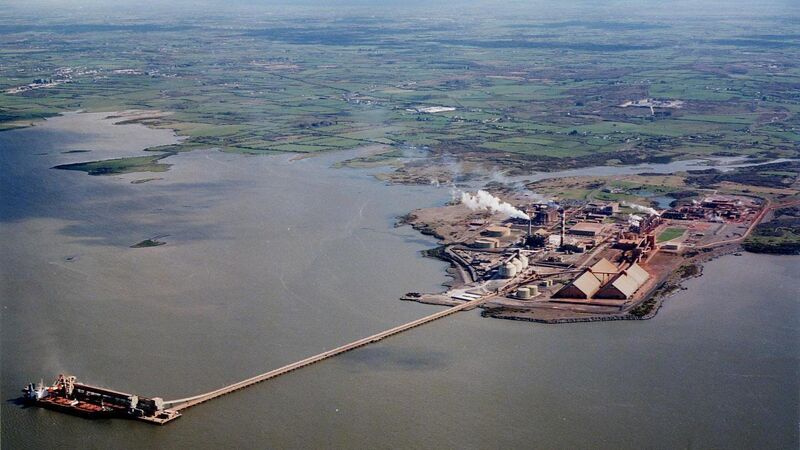John Whelan: How Aughinish in Limerick could yet be caught by sanctions on oligarch Deripaska

The Aughinish Alumina Refinery on the Shannon Estuary near Foynes Co Limerick is owned by Russian company Rusal.
The outlook for Russian-owned Aughinish Alumina and over 450 employees in Co. Limerick has become increasingly grim in the past week, as the EU, UK and US tightened its economic stranglehold on Russia.
The EU increased its sanctions to hit oligarchs and prominent business people who have a significant economic role in supporting Vladimir Putin’s regime - notably in the metallurgical, agriculture, pharmaceutical, telecom and digital industries.











